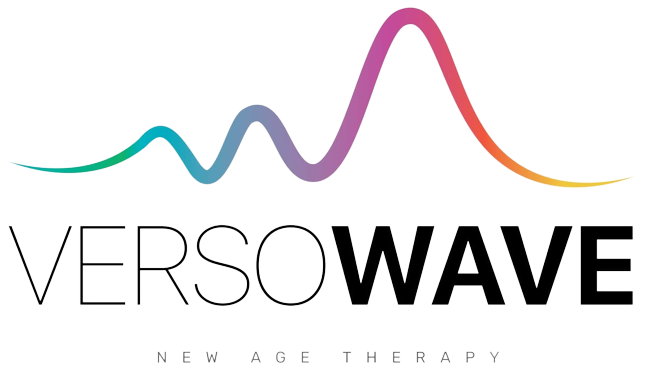There are various treatment options available that can help restore sexual function and improve overall well-being. This blog post will discuss the different treatment options for ED, from conservative lifestyle changes to more invasive medical interventions.
- Lifestyle Changes
Adopting a healthier lifestyle can significantly impact your chances of overcoming erectile dysfunction. Focus on a balanced diet, regular exercise, weight management, quitting smoking, moderating alcohol consumption, getting sufficient sleep, and managing stress. These changes can improve blood flow, hormone levels, and overall health, all of which can contribute to better erectile function.
- Oral Medications
Oral medications, also known as phosphodiesterase type 5 (PDE5) inhibitors, are often the first line of treatment for ED. These drugs, which include sildenafil (Viagra), tadalafil (Cialis), vardenafil (Levitra), and avanafil (Stendra), work by increasing blood flow to the penis, helping achieve and maintain an erection. PDE5 inhibitors are generally well-tolerated and effective for many men but may not be suitable for those with certain medical conditions or taking specific medications.
- Vacuum Erection Devices (VEDs)
Vacuum erection devices, also known as penis pumps, are non-invasive treatment options that can help achieve an erection. A VED consists of a plastic tube, a pump, and a constriction band. The tube is placed over the penis, and the pump creates a vacuum, drawing blood into the penis. The constriction band is then placed around the base of the penis to maintain the erection. VEDs can be an effective treatment option for men who cannot take oral medications or prefer a non-pharmacological approach.
- Penile Injections
Penile injections, also known as intracavernosal injections, involve injecting medication directly into the erectile tissue of the penis. The most commonly used medications for this treatment are alprostadil, papaverine, and phentolamine. These injections can produce an erection within minutes, and their effects can last for up to an hour. While penile injections can be an effective treatment option for some men, they may cause side effects, such as pain or priapism (prolonged erections), and require proper training and technique.
- Intraurethral Suppositories
Intraurethral suppositories, also known as medicated urethral system for erection (MUSE), involve the insertion of a small pellet containing alprostadil into the urethra. This medication helps increase blood flow to the penis, resulting in an erection. MUSE can be a suitable treatment option for men who prefer not to use injections or oral medications, although it may cause side effects such as discomfort or minor bleeding.
- Penile Implants
For men who have not experienced success with other treatment options, penile implants may be considered. Penile implants involve surgically placing inflatable or semi-rigid rods into the penis, allowing for controlled erections. This treatment option can provide a long-term solution for ED but carries risks associated with surgery, such as infection or mechanical failure.
- Psychological Counseling
In some cases, erectile dysfunction can be caused or exacerbated by psychological factors, such as stress, anxiety, or depression. Seeking counseling or therapy can help address these issues and improve sexual function.
What we Recommend:
VersoWave technology has emerged as a revolutionary, non-invasive treatment for erectile dysfunction. By targeting the root cause of ED and promoting blood vessel growth, it offers a long-lasting and safe solution for men seeking an alternative to traditional treatments. As VersoWave becomes more widely available, its potential to improve the lives of countless men grappling with ED cannot be overstated.

